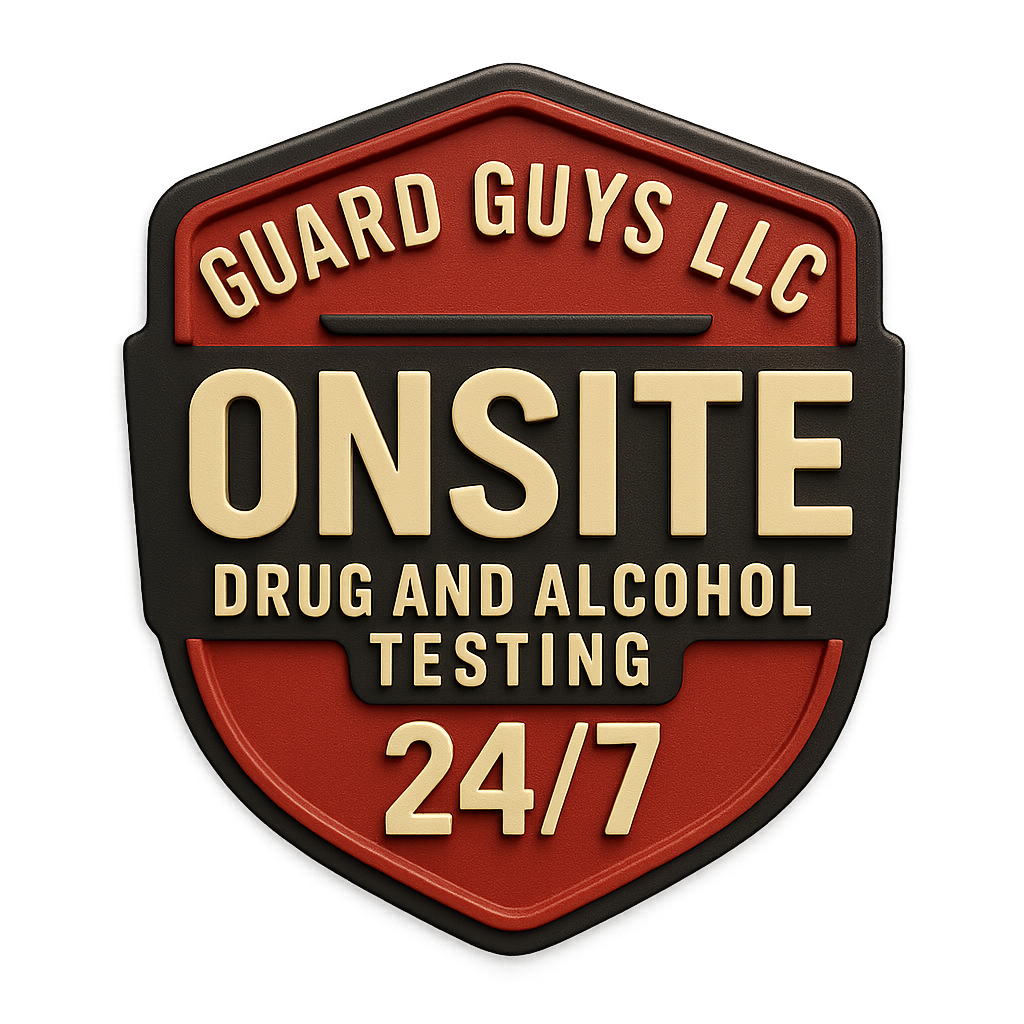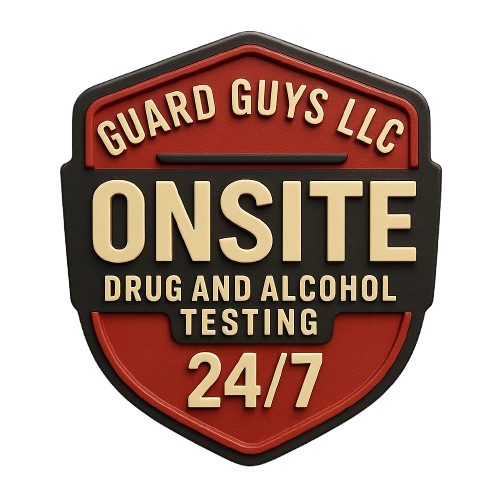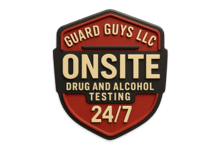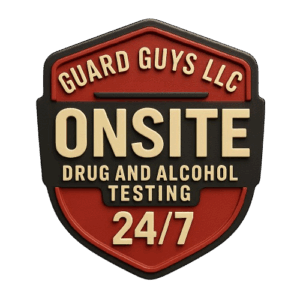TRAINING

Reasonable Suspicion Training:
- Recognize signs of drug or alcohol misuse in the workplace
- Document and confront suspected employees appropriately
- Refer employees for testing and, if necessary, further evaluation
- Ensure compliance with DOT and company policy
This training is required for all DOT-regulated supervisors and highly recommended for non-DOT
Designated Employer Representative (DER) Training
A Designated Employer Representative (DER) is a required role for DOT-regulated companies. This is the person responsible for managing the company’s drug and alcohol testing program.
Key DER Responsibilities:
- Receive test results and related communications
- Make decisions on employee removal, retesting, or referrals
- Act as the employer’s primary contact during audits or compliance reviews
- Ensure procedures follow 49 CFR Part 40 (as mandated by the U.S. DOT)
❗ Note: The DER must be an internal employee — this role cannot be outsourced.
We recommend DER training for both DOT and non-DOT programs to ensure consistent and compliant program management.


